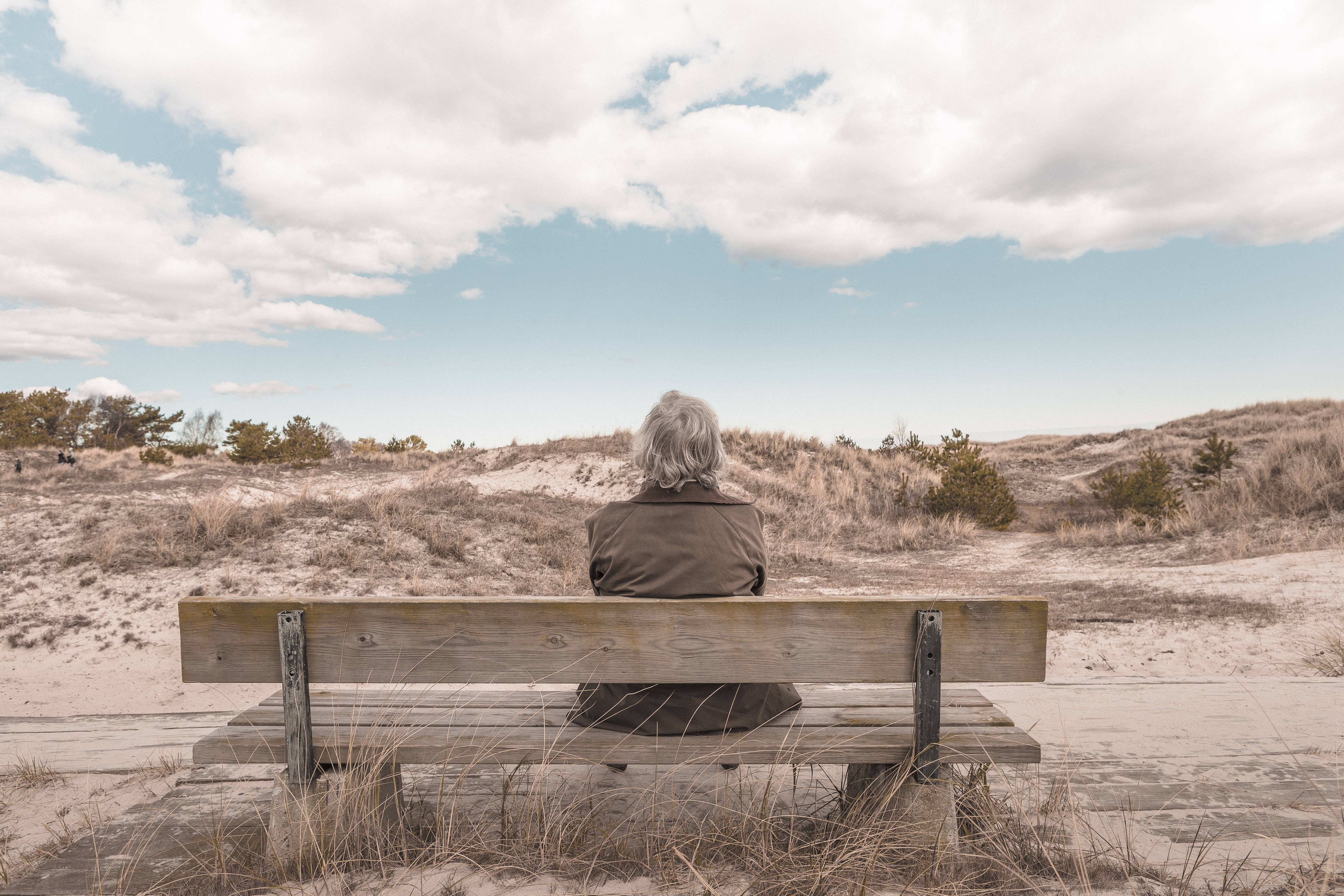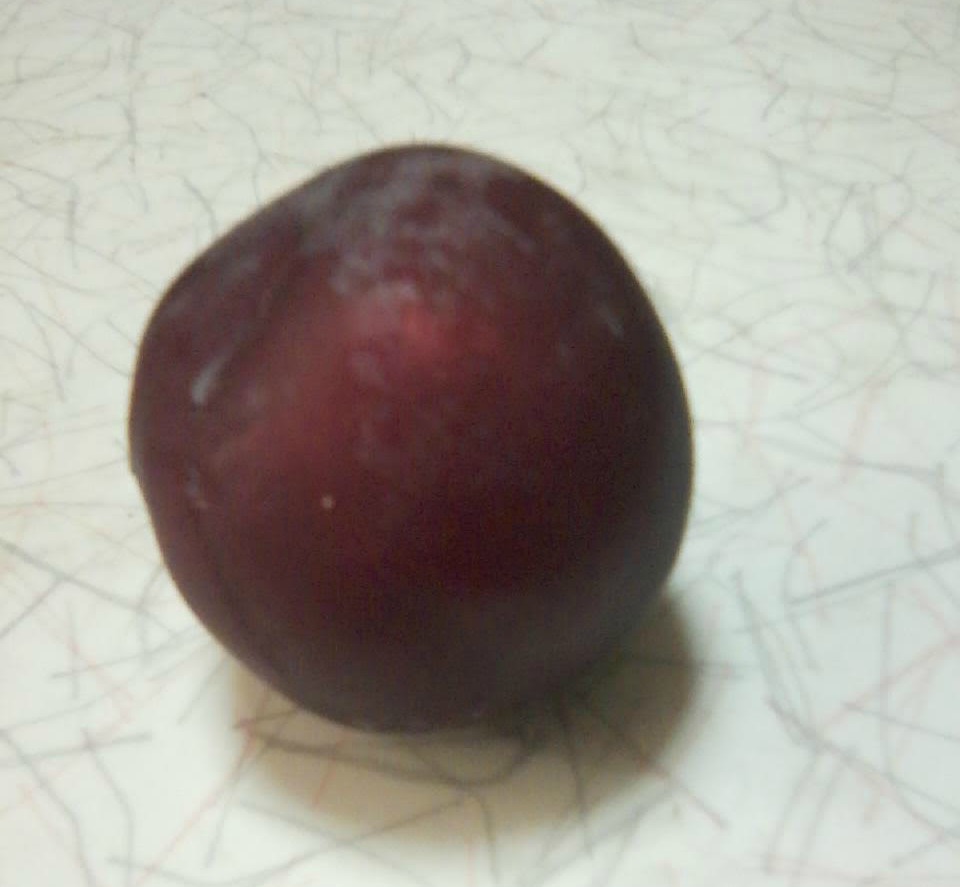I’ve been hearing a lot about “being in the flow” or returning to the flow. The way being in the flow is presented is when you hit every green light and run into a friend unexpectedly on the street and everything is going your way. In other words, a really good day. Not being in the flow then, means hitting every red light, just missing the person you wanted to see, and nothing is going your way. In other words, a really bad day.
Maybe this is just my interpretation, but it seems to me people say when we’re not in the flow, it’s our fault. It’s because I’m not thinking the right thoughts, I’m not aligning with the divine, I’m not grateful enough, or whatever. The reason though always has something to do with me.
When I start to think about being in the flow from that perspective, it doesn’t make sense. How can everything be my fault? I don’t control the universe. For every action there is a reaction – that’s a law of nature. How could I possibly be the cause of whether or not some guy gets drunk and runs a red light? Therefore, how could I possibly be the one to cause all of my good days and bad days? Even if we all were little islands, even islands are subjected to storms and wave currents. We aren’t in control of everything and when I try to be, I only succeed in making myself crazy.
There seems to be this notion, again, maybe of my own perception, that when a person becomes really spiritual, when they’re “thinking the right thoughts,” that all of sudden life is peachy keen and they never have another trouble again. And if they have any sort of troubles, it’s because they attracted it to themselves. When I think about one of the most famous spiritual teachers, Jesus Christ, his life was not sunshine and roses. What’s so amazing about Jesus was his ability to forgive, to continue preaching peace and love despite all the horrible things he went through. That to me is real spirituality, not living a trouble-free life.
My spiritual teacher says every human being willingly or unwillingly dances in harmony with the rise and fall of the cosmic waves. That there is a ceaseless and eternal cosmic flow. That to me means I stay in the flow by remembering I’m never out of the flow, even when I’m late for all my appointments, lose my luggage, and have a day I’d rather not experience again.
When people talk about getting back in the flow, it’s a good reminder to touch base with the divine, to feel the love that’s all around me, but it’s also important to remember just because I’m letting the universal energy move through me, doesn’t mean life will always be a pleasure cruise.
Almost exactly two years ago I wrote a post called, “Love is the Container,” about how even when I’m sad, angry, scared, etc. love is there, love is holding all of those emotions. In the same way, when nothing goes right, I’m still in the cosmic flow. But maybe instead of cresting the wave, I’m down in the trough. Life is a constant flow with ups and downs and I’ll never be able to tell the waves to quit moving, so instead, it’s better for me to enjoy the ride whether I’m surfing or crashing.
I dream of a world where we realize we are always in the flow, whether we’re having a good day or a bad one. A world where instead of striving for ceaseless pleasure, we work on adjusting ourselves and our attitudes. A world where we realize to stay in the flow we don’t have to do anything because we never left.
Another world is not only possible, it’s probable.










